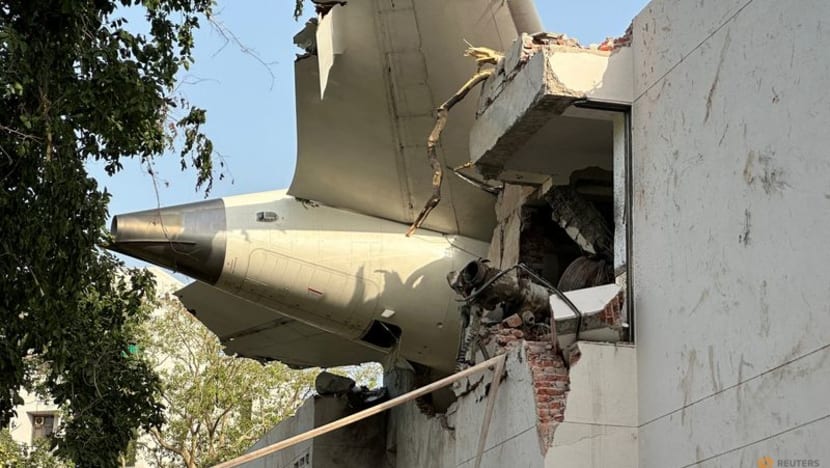

Following the tragic crash of an Air India Boeing 787-8 Dreamliner shortly after takeoff from Ahmedabad, India, U.S. officials have stated that there is no immediate reason to ground the Boeing 787 fleet. The Air India flight AI171, bound for London Gatwick, crashed on June 12, 2025, killing 241 of the 242 people on board and causing casualties on the ground.
Transportation Secretary Sean Duffy and Acting Federal Aviation Administration (FAA) head Chris Rocheleau addressed the situation in a news conference, stating they are closely monitoring the investigation and are prepared to take immediate action if any safety risks are identified. Duffy confirmed that teams from the FAA and the National Transportation Safety Board (NTSB) are being deployed to India to assist the Aircraft Accident Investigation Bureau (AAIB) with its investigation. Boeing and engine manufacturer GE Aerospace are also providing support.
"We will follow the facts and put safety first," Duffy stated, emphasizing the U.S. government's commitment to air safety. Rocheleau added that the FAA is reviewing all available information and will not hesitate to mitigate any risks that may arise during the course of the investigation.
The NTSB confirmed it would be leading a team of U.S. investigators to assist the AAIB in determining the cause of the crash. The FAA emphasized that when an international incident occurs, the local government leads the investigation, but the U.S. stands ready to provide technical support.
The Air India crash is the first fatal incident involving a Boeing 787-8 Dreamliner. According to Boeing's April 2025 statistical summary, the 787-8 had not previously experienced a fatal crash since entering commercial service in 2011. The aircraft involved in the crash was delivered to Air India in January 2014 and had accumulated over 41,000 flight hours with almost 8,000 takeoffs and landings.
Video footage of the incident shows the plane struggling to gain altitude after takeoff, with some experts noting that the landing gear appeared to be down and the flaps were not deployed correctly. The aircraft reportedly reached an altitude of approximately 625 feet before descending and crashing into a residential area near the airport. The flight had issued a mayday call shortly after takeoff, but there was no further communication from the aircraft.
The crash has renewed scrutiny on Boeing, which has faced a series of safety concerns in recent years. Allegations from whistleblowers regarding the 787 Dreamliner's production and assembly processes have led to investigations by the FAA. These allegations include claims of improper manufacturing practices and retaliation against employees who raised safety concerns. In 2024, the FAA conducted a six-week audit of Boeing's facilities, which revealed "gaps" in the company's safety culture.
Despite these concerns, the Boeing 787 Dreamliner has generally been considered to have a good safety record. The aircraft is one of the most advanced jets in service and is known for its fuel efficiency and long-range capabilities. Boeing has stated that it is "fully confident" in the safety and durability of the 787 Dreamliner.
The investigation into the Air India crash is ongoing, and authorities are working to determine the cause of the accident. The U.S. government has pledged its full support to the investigation and will take any necessary actions to ensure the safety of the flying public.